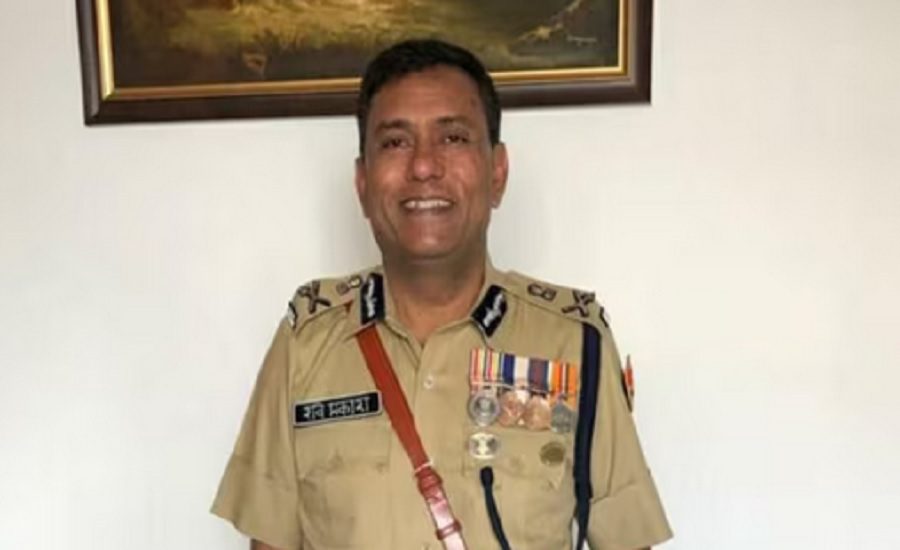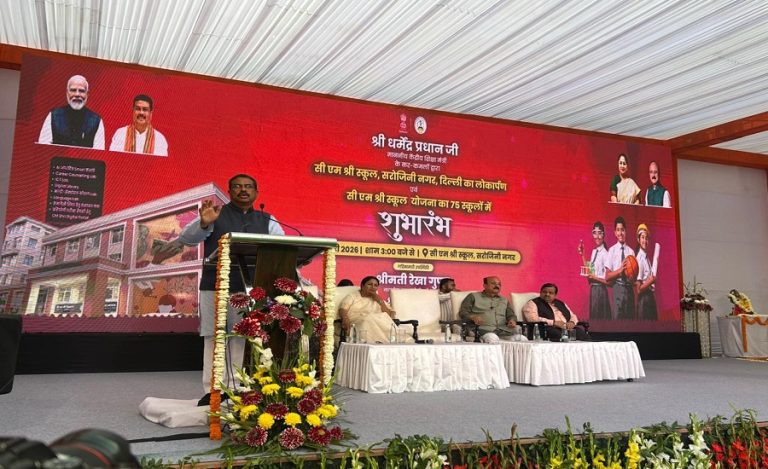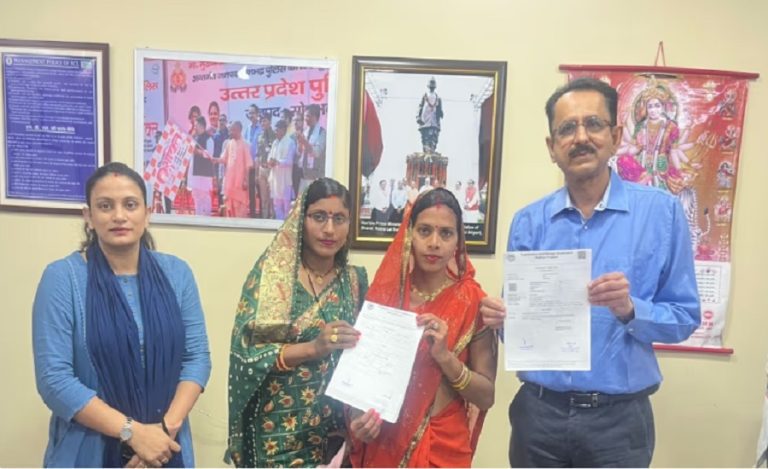Rajasthan: A seemingly routine administrative appointment on June 10 has swiftly turned into a politically sensitive issue in the state. The selection of Mr. Ravi Prakash Meharda, a 1991-batch IPS officer of the Rajasthan cadre, as Acting Director General of Police (DGP) — just weeks ahead of his scheduled retirement on June 30 — has sparked intense debate and growing calls for an extension.
Appointed following the elevation of Utkal Ranjan Sahoo (1988 batch) to Chairman of the Rajasthan Public Service Commission (RPSC), Mr Meharda was initially expected to serve only a brief 20-day tenure. However, rising support from Dalit organizations, political leaders, and civil society has transformed what appeared to be a procedural decision into a significant political flashpoint. The state government now faces the delicate task of balancing administrative norms with the broader demands for representation and inclusion.
Brief Appointment, Big Symbolism
Mr Meharda’s appointment as Acting DGP was largely viewed as a procedural move at the time, especially considering his imminent retirement. Yet, the significance of his role as a senior Dalit officer in the state police force has become a rallying point for Dalit organizations, retired IPS officers, BJP leaders, and social activists. They argue that the short tenure diminishes the symbolic importance of his appointment — seen as a key gesture toward promoting Dalit inclusion in Rajasthan’s top bureaucratic posts.
The call for extension reflects broader aspirations within the Dalit community to see sustained representation in senior leadership positions, rather than brief or tokenistic postings.
Campaign for Extension Gains Momentum
Supporters of Meharda have intensified their outreach, petitioning Prime Minister Narendra Modi, Rajasthan Chief Minister Bhajan Lal Sharma, and BJP’s central leadership through letters, emails, and social media campaigns. Many believe that his appointment was a calculated political move by the BJP aimed at consolidating Dalit support ahead of upcoming elections and social challenges.
Interestingly, Meharda reportedly expressed initial reluctance to take on the Acting DGP role given the limited time and scope to make an impact. Despite his reservations, the state government proceeded with his appointment, signaling a strategic intent beyond administrative necessity.
Permanent DGP Selection and Procedural Challenges
Meanwhile, the state government has sent a panel of seven senior IPS officers’ names to the Centre for the permanent DGP appointment. The Union Public Service Commission (UPSC) will shortlist three candidates, after which the final decision will rest with the state government.
Under Rule 16 of the All India Services (Death-cum-Retirement Benefits) Rules, the government may seek an extension of up to three months for officers with central approval. Advocates for Meharda are urging the use of this provision, emphasizing both the need for administrative continuity and the political sensitivity of community representation.
BJP Faces Delicate Balancing Act
With June 30 fast approaching, the BJP government faces a complex challenge. It must balance bureaucratic norms and procedural fairness with the optics of representation in an era where identity politics plays a significant role in public discourse.
Observers note that while extending Meharda’s tenure may please Dalit constituencies and send a strong political message, it could also raise questions about setting precedents for administrative appointments and extensions.
Looking Ahead
Ravi Prakash Meharda’s brief tenure as Rajasthan’s Acting DGP has emerged as more than just a bureaucratic footnote. It highlights the intersection of governance, community aspirations, and political strategy in contemporary India. The decisions made in the coming days will likely have reverberations in both administrative circles and among the wider public.




























